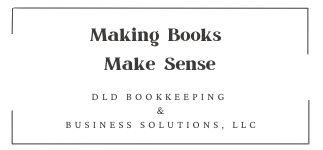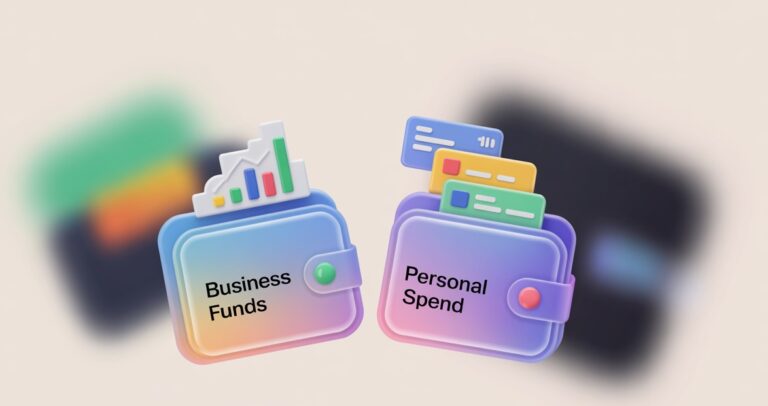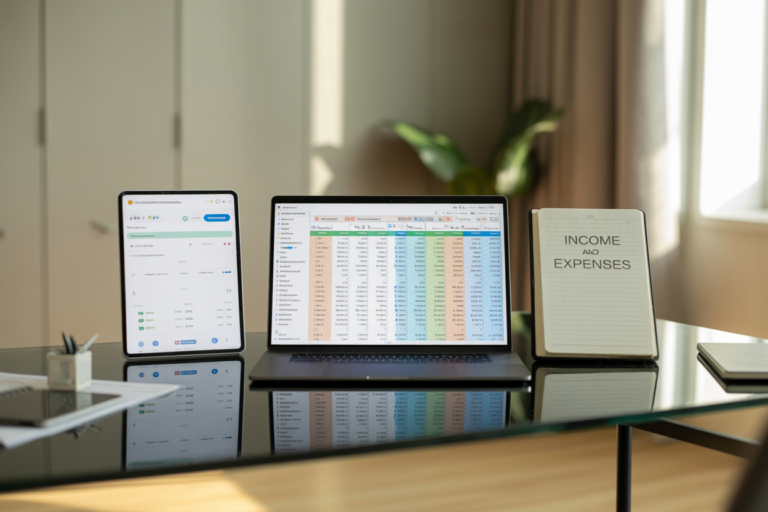Cash vs. Accrual Accounting — Which One Is Right for You?
I want to keep this post super high-level. If you are a small business owner, you are likely using cash accounting. What does this mean? You are recording expenses and income when it is received. It’s called cash accounting because historically you received cash, but it applies to electronic payments as well.
Most of my readers here won’t need to worry about accrual accounting, but when you are googling about bookkeeping and accounting, you might see it come up.
When business reach a certain level they are required to follow GAAP (Generally Accepted Accounting Principals) when completing their books, which means using accrual accounting.
What Is Cash Accounting?
Cash accounting is the simplest way to track your money.
You record income when you get paid
and you record expenses when you actually spend the money.
Think of it like checking your bank account — if the money’s there, it counts.
Example:
You get paid $200 from an affiliate sale in March → You record that income in March.
You pay $100 for a course in April → You record that expense in April.
What Is Accrual Accounting?
Accrual accounting is a bit more detailed.
You record income when it’s earned
and expenses when they happen, even if the money hasn’t moved yet.
It’s more about timing — not just what’s in your bank account.
Example:
You make a sale in March but don’t get paid until April → You record it in March.
You get an invoice in April for services from March → You record it in March.
Which One Should You Use?
If you’re a blogger, freelancer, or small business owner just getting started, cash accounting is usually your best bet. It’s:
- Easy to understand
- Simple to manage
- Totally acceptable with the IRS (if you qualify)
As your business grows, your accountant might suggest switching to accrual — but that’s a bridge you can cross later.
For right now, I just want you to worry about recording all of your expenses, as they happen.


